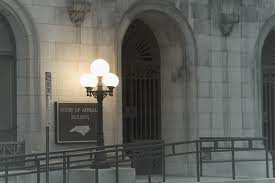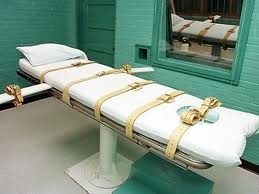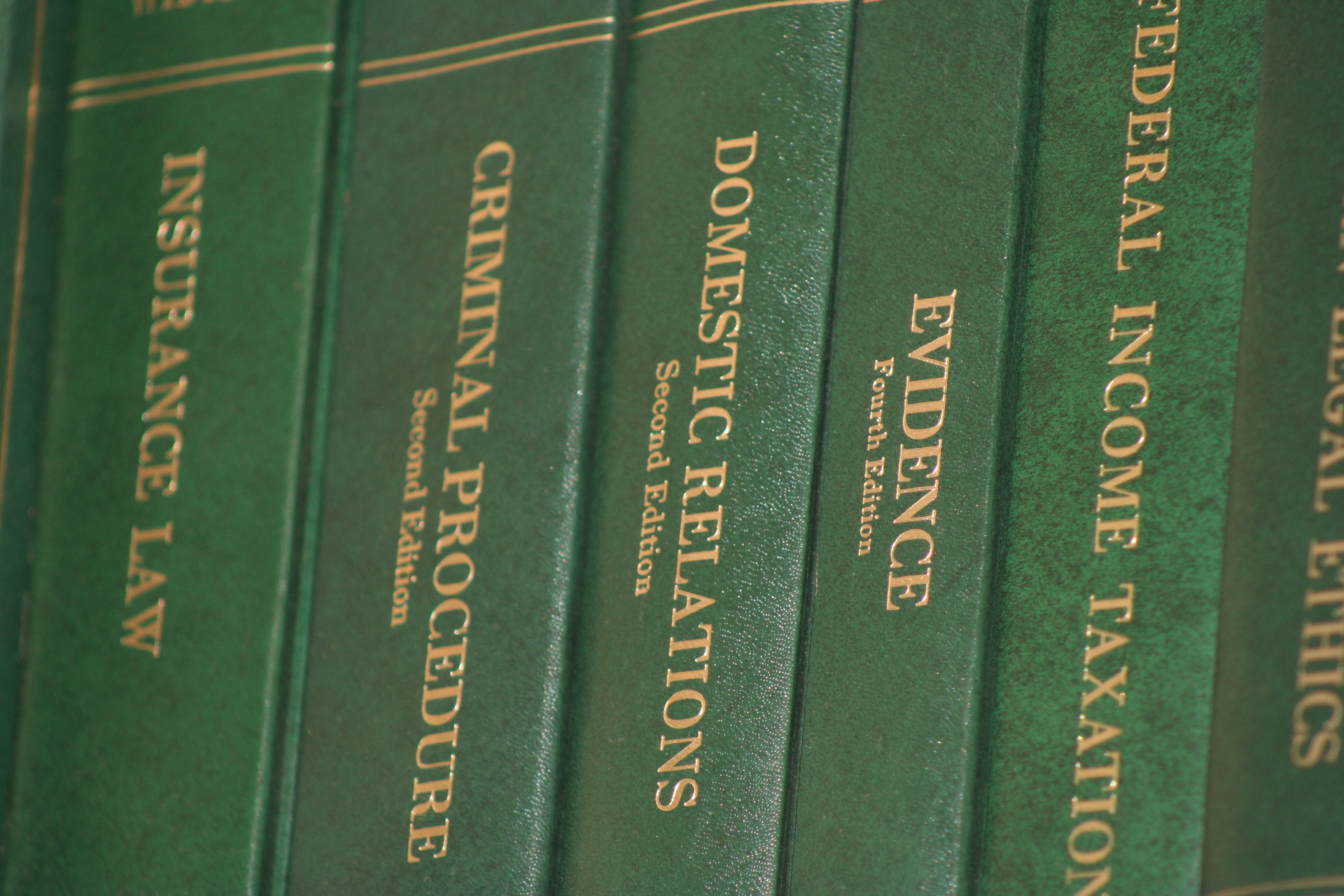Many cases are resolved with a plea bargain long before they ever reach the courtroom. Plea bargains are important to prosecutors because they help efficiently clear dockets and allow them to prosecute more cases. They can also be beneficial to defendants by possibly allowing them to serve a lesser sentence than what the state would ask for during trial. However, a plea bargain can only be effective if the defendant is aware that this is an option in the first place.
In a 5-4 decision, the Supreme Court ruled that defense lawyers must inform their clients of any plea offers and give competent advice about whether to accept them.  To do otherwise would violate the 6th Amendment right to effective assistance of counsel.
To do otherwise would violate the 6th Amendment right to effective assistance of counsel.
The two cases before the court involved a man in Missouri who pleaded guilty to driving without a license, and a Michigan man who was convicted of assault and attempted murder after following his attorney’s advice and rejecting a plea bargain.
In the Missouri case, Galin Edward Frye was arrested for driving without a license for the fourth time, which in that state is a felony. The prosecutor offered two deals, including one that involved pleading to a misdemeanor and a three month recommended sentence. Frye’s attorney never told him about the offer and this ultimately led to him entering a guilty plea and getting a three-year sentence.
In the Michigan case, Anthony Cooper repeatedly shot a woman and was charged with four counts, including assault with attempt to murder. The prosecutors offered a plea deal where two of the charges would be dropped and Cooper would serve a maximum of 85 months in prison. Due to advice from his attorney, Cooper rejected the deal and was sentenced to a maximum of 30 years in prison.
 Charlotte Criminal Lawyer Blog
Charlotte Criminal Lawyer Blog


 In addition to the detectives, the squad also has its own prosecutor dedicated to ensuring that the perpetrators of these crimes are brought to justice. Barry Cook, once a member of the Mecklenburg County District Attorney’s office, came out of retirement to assist the cold case squad in prosecuting the offenders that they are successful in apprehending. Cook said, “There’s a lot of satisfaction in playing a part in solving these cold case sex crimes and putting whoever’s responsible for these crimes in prison.”
In addition to the detectives, the squad also has its own prosecutor dedicated to ensuring that the perpetrators of these crimes are brought to justice. Barry Cook, once a member of the Mecklenburg County District Attorney’s office, came out of retirement to assist the cold case squad in prosecuting the offenders that they are successful in apprehending. Cook said, “There’s a lot of satisfaction in playing a part in solving these cold case sex crimes and putting whoever’s responsible for these crimes in prison.” John Ashley Wilson was trying hard to get a job as a certified nursing assistant, but he was consistently told that his criminal record was preventing him from being hired. Wilson knew that he has some minor criminal charges in the past, but they had been dismissed. Then he received a letter for the North Carolina Administrative Office of the Courts. It informed him that his federal income tax return for that year was being used to pay his public defender. Wilson knew that he had not recently been in court. Wilson then took a trip to the Gaston County courthouse, which is where he finally got to the bottom of the mystery.
John Ashley Wilson was trying hard to get a job as a certified nursing assistant, but he was consistently told that his criminal record was preventing him from being hired. Wilson knew that he has some minor criminal charges in the past, but they had been dismissed. Then he received a letter for the North Carolina Administrative Office of the Courts. It informed him that his federal income tax return for that year was being used to pay his public defender. Wilson knew that he had not recently been in court. Wilson then took a trip to the Gaston County courthouse, which is where he finally got to the bottom of the mystery. According to the
According to the  Citing sixteen separate reasons for his case to be overturned, attorneys for Demeatrius Montgomery have filed an appeal almost one year after he was convicted for killing two CMPD officers at the Timber Ridge Apartments in 2007. In an interview with Charlotte News Channel 14 on September 27, 2011,
Citing sixteen separate reasons for his case to be overturned, attorneys for Demeatrius Montgomery have filed an appeal almost one year after he was convicted for killing two CMPD officers at the Timber Ridge Apartments in 2007. In an interview with Charlotte News Channel 14 on September 27, 2011,  In a recent interview with WSOC channel 9 news interview,
In a recent interview with WSOC channel 9 news interview,  On August 1, 2011, a Catawba county judge granted Elisa Baker’s Motion to Change Venue. Ms. Baker’s motion to change the venue of the trial was based on the extensive media coverage this case has attracted. Her attorney, Scott Reilly, felt that Ms. Baker could not receive a fair trial in Catawba County because of the coverage. District Attorney Jay Gaither did not oppose Ms. Baker’s motion. Although he felt that Ms. Baker would have been able to receive a fair trial in Catawba County, he “trust[s] the jury system… wherever we go.”
On August 1, 2011, a Catawba county judge granted Elisa Baker’s Motion to Change Venue. Ms. Baker’s motion to change the venue of the trial was based on the extensive media coverage this case has attracted. Her attorney, Scott Reilly, felt that Ms. Baker could not receive a fair trial in Catawba County because of the coverage. District Attorney Jay Gaither did not oppose Ms. Baker’s motion. Although he felt that Ms. Baker would have been able to receive a fair trial in Catawba County, he “trust[s] the jury system… wherever we go.”